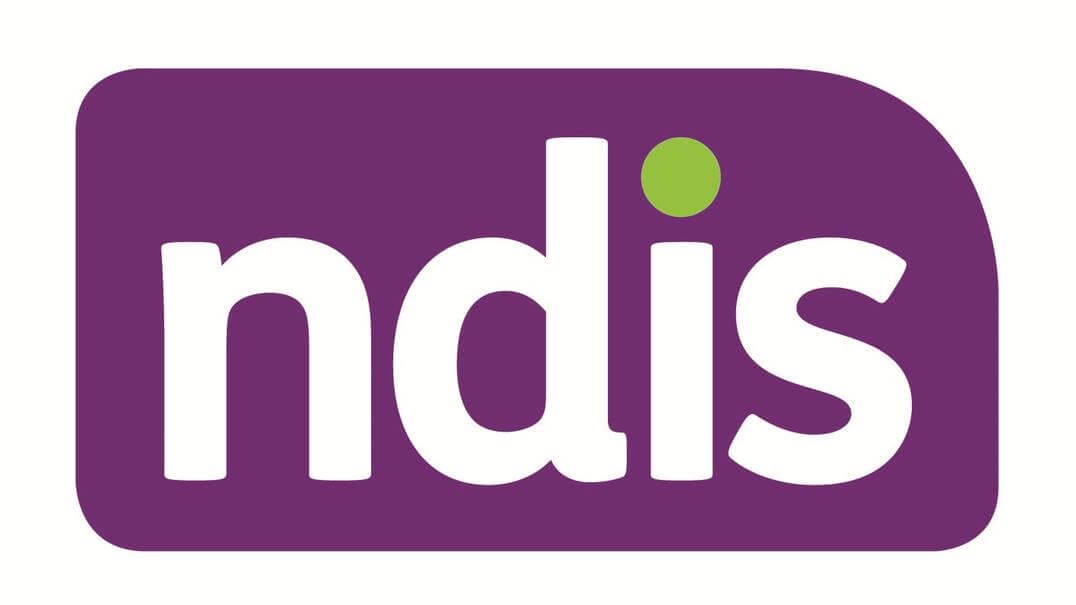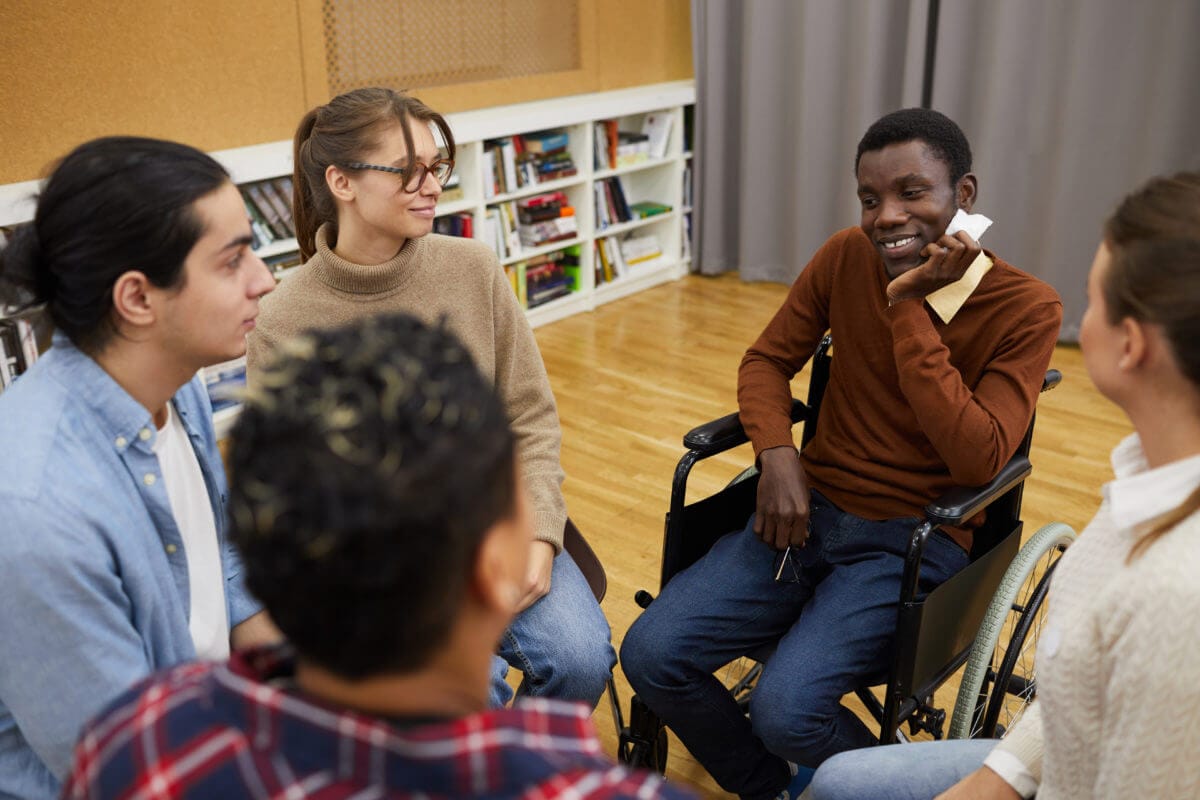How To Live Independently With Disability
How To Live Independently With Disability
Accept Support
Living independently doesn’t mean that you must live without support. For people living with disability, having a strong support network is an important part of creating an independent lifestyle. Friends and family can assist with transportation and general daily tasks, which will enable you to enjoy more freedom. Also, they offer social engagement and emotional support, which lifts your mood and therefore improves your motivation. Your family and friends can also help you come up with lifestyle changes and ideas to work towards your new independent life. Support doesn’t just refer to receiving help from family members, it can also mean gaining assistance from disability organisations like the NDIS or community support groups.
Home Modifications
When you’re working towards living more independently in a home, you will need to figure out ways that the house can be modified to suit your needs.
These modifications can include:
- Widening doorways to make room for a wheelchair
- Installing handrails, ramps and shower grab bars
- Connecting lights and other devices to a remote
- Removing carpet
- Organising the furniture in a way that prevents falls/assists maneuverability
Creating a home that is designed to make your everyday tasks and chores easier will mean you can eliminate the need for an extra person to help you. When you have a home that meets your particular needs, then you’re able to complete more tasks yourself.
Assistive Equipment
Assistive technology can be life-changing for someone living with disability – especially a physical disability. When you have items that make necessary tasks easier, then you actually have the option to participate in activities that you wouldn’t have been able to do before. Assistive equipment reduces the need for a person to assist you with carrying out tasks, and therefore creates a lifestyle with more freedom.
Assistive equipment can include:
- Hearing aids and closed captioning
- Mobility equipment, like wheelchairs, scooters and crutches
- Cognitive aids, to assist with memory and attention
- Educational implements, like book holders and page-turners
- Physical changes, such as ramps and grab bars
- Devices to assist with tasks, like specialised handles, and equipment that extends reach
- Adaptive utensils to help someone with limited motor skills carry out tasks like personal care
Set Goals
A large part of moving on from a dependent living situation is determination and goal setting. If you’re looking to progress to independent living, then it takes a lot of work and implementation of changes. Set an end goal – for example living in your own home – and then set smaller goals that will lead up to this, such as finding the right adaptive equipment, or applying for NDIS support. You’re the one who knows what you need to achieve your goals, and you’re the best person to create the plan of action that will take you to these achievements.
However, you’re not alone on this journey. Our NDIS support coordinators can help you to formalise this plan and find the best supports for your needs. Focus on how proud and free you will feel when you can live more independently and frequently participate in activities that you enjoy.
Getting Financial Aid
As with anyone, achieving a suitable level of financial stability is a crucial part of living independently. The NDIS is available to people with disability to access “reasonable and necessary” services. NDIS supports falls under 15 main categories, ranging from improving daily living to finding suitable jobs. Check out our full guide if you’re wondering what does the NDIS cover?
St Jude’s can help you understand your NDIS plans, connect you to the most appropriate service providers, and ensure they’re on track to achieving the outcomes identified in your plans.

Physical & Mental Health
Improving your physical and mental health is a vital part of achieving independent living. There’s no doubt that you will face challenges in the process of changing your lifestyle, and in order to overcome them, you will need to have strong mental health. Speaking to a mental health professional can assist you with any anxiety that you’re having about living on your own, and you can learn ways to manage the stress of a changing lifestyle.
Physical health is also essential in achieving your goals, as the more fit and healthy you are the more likely you are to take care of yourself and be able to complete tasks that may be difficult due to disability.
Community Participation
Living independently with disability can be challenging, but it shouldn’t stop you from connecting with your community. Community participation plays a huge role in improving mental well-being and creating a greater sense of independence and social inclusion, especially for those living independently with disability.
It’s always a good idea to take time out of your daily routine to participate in activities that interest you and meet like minded people. The support workers at St Jude’s are trained to help create a safe place for community participation by assisting you with activities such as training, recreation, transport, assisted travel and much more.

How St Jude’s Assists With Living Independently
St Jude’s offers a variety of disability services that can assist people living with disability in reaching their goals of independence. As a SIL provider, we offer various Supported Independent Living options, and other disability services like home support, therapy, and mental health services.
We have over 38 years of experience helping people across Perth and the South West, and our friendly team can assist you with applying for NDIS funding. The process of applying can be complicated, and you may not even know if you qualify, so just get in touch with our staff and they will help. NDIS support can be life-changing and often is the difference between living independently or dependently, so we always look to help those living with disability to receive this assistance